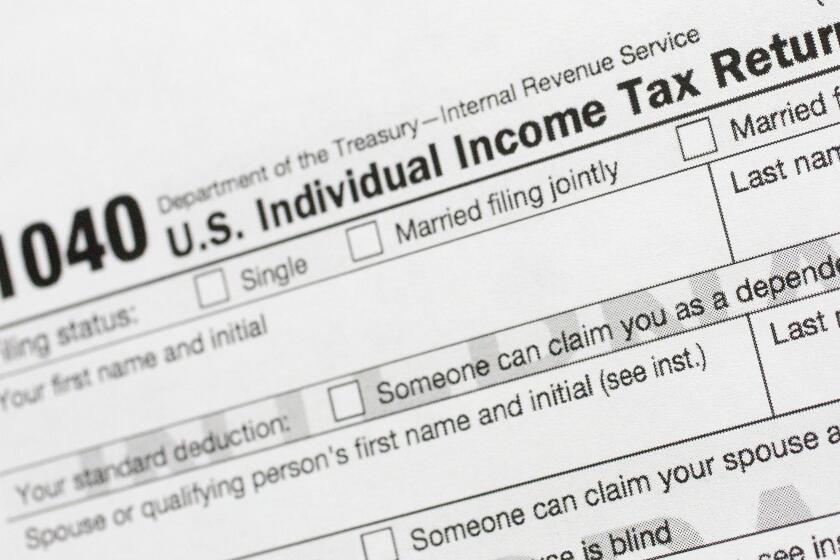Sens. Warren, Coburn propose more disclosure on federal settlements
WASHINGTON -- Sens. Elizabeth Warren and Tom Coburn on Wednesday introduced legislation requiring federal agencies to disclose more information about settlements that end government investigations, such as whether the money paid by companies is tax-deductible.
The bipartisan bill -- Warren is a Massachusetts Democrat and Coburn an Oklahoma Republican -- reflects widespread concern on Capitol Hill that banks such as JPMorgan Chase & Co. and other companies often cut deals to avoid potentially steeper penalties and court costs for violating federal laws.
Those deals sometimes aren’t as costly to the companies as they appear, the senators said.
“When government agencies reach settlements with companies that break the law, they should disclose the terms of those deals to the public,” said Warren, who has been outspoken in criticizing the Securities and Exchange Commission and other regulators for reaching deals instead of going to trial.
QUIZ: How well do you understand the Fed stimulus?
More public information would “shut down backroom deal-making” and help hold regulatory agencies more accountable to Congress and the public, she said.
Federal officials often publicly tout the dollar amounts obtained in settlements, Warren and Coburn said, but those figures can be misleading because credits and tax deductions reduce the actual amount paid by the companies.
The proposed Truth in Settlements Act would require that all written public statements that refer to dollar amounts of settlements include explanations of how the penalties are categorized for tax purposes and if the payments are offset by credits given to the company for taking certain actions.
Warren and Coburn specifically criticized the $25-billion national settlement reached in 2012 among federal and state officials and five large banks to resolve investigations into foreclosure abuse allegations. The senators said the settlement amount was offset by $17 billion in credits given to the banks, “much of it for routine conduct,” according to a fact sheet on the legislation.
The legislation would require federal agencies to post basic information on their websites about settlements of more than $1 million, along with copies of the agreements. If a settlement was confidential, agencies would have to explain why.
Companies involved in settlements would be required to disclose in regulatory filings if they deducted any of the payments from their taxes.
“Since agencies are not currently required to disclose the financial structure of government settlements, too often the true value of those settlements is not known because often companies are allowed to deduct part of the payment,” Coburn said.
Last year, bills were introduced in the Senate and House that would prohibit tax deductions by companies for penalties paid as part of government settlements.
Justice Department officials on Tuesday touted that JPMorgan could not take a tax deduction for the $1.7 billion it agreed to pay to victims of Bernard L. Madoff’s Ponzi scheme as part of a $2.6-billion settlement.
The U.S. Public Interest Research Group, which issued a report last year criticizing the ability of companies to deduct settlement payments, praised the legislation.
“The fact that these two senators who so often disagree came together on this bill shows a broad consensus that governmental deal making over corporate misdeeds should happen in full view of the public,” said Francisco Enriquez, the group’s tax and budget program associate.
“The public should know how much settlements are worth and whether they include hidden subsidies or sweeteners that taxpayers must ultimately foot the bill for,” he said.
ALSO:
ADP: Private-sector hiring strengthened in December
J.C. Penney ‘pleased’ with holiday; analysts, not so much
New regulator delays Fannie Mae, Freddie Mac mortgage fee increases
More to Read
Inside the business of entertainment
The Wide Shot brings you news, analysis and insights on everything from streaming wars to production — and what it all means for the future.
You may occasionally receive promotional content from the Los Angeles Times.











